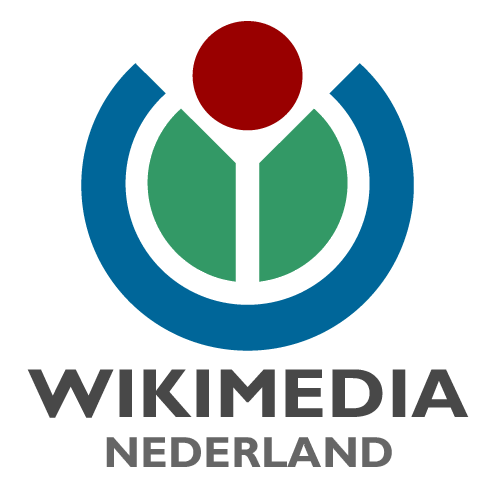Wikimedia Europe monitors access to free knowledge in Brussels
By Dimitar Dimitrov, Policy Director Wikimedia Europe
Wikimedia Europe
Wikimedia Europe is an association of European Wikimedia affiliates. Our primary task is to monitor EU legislation that would have an impact on free knowledge in general and Wikimedia projects in particular. We advocate for changes that improve access to, and quality of, knowledge. Quite often we need to explain to lawmakers how some proposals tailored to regulate large, for-profit platforms could harm collaborative, non-commercial projects like ours.
European legislative projects
The European Parliament elections are a bit over seven months away and EU legislators are trying to finalise the last legislative projects. Reforms need to be agreed by February, otherwise parliament won’t have time to pass them. First, I thought I should give you a brief overview of the three files I work the most on:
European Media Freedom Act
It wants to improve freedom of the press in the EU through measures such as protections for journalists’ sources and ensuring public service announcements money is spent fairly. We are engaged in this dossier, as it also wants to regulate how online platforms moderate content by media publishers. Notwithstanding the debate between big tech platforms and publishers, we are explaining to lawmakers how Wikimedia projects are moderated, and that such a provision should not be targeted at community moderated projects. As things currently stand, the file will only apply to businesses-to-business cases. We expect this file to be finalised in time.
Cyber Resilience Act
The European Union is working on a file intended to make software safer against malicious attacks. It has proposed to make the developers, producers and vendors of software more liable for their products and will oblige them to maintain updates for a period of time and to perform security assessments. One question is what will happen to volunteers who contribute to free software. Or whether the Wikimedia Foundation would need to put more resources into bureaucracy. The latest negotiations of the CRA have a very complicated carve-out structure. Maertsen from NLnet Labs has made a useful diagram that gives an overview. Negotiations could wrap up in the coming weeks.
Regulation on Combatting Child Sexual Abuse Material
This file wants to set up a system that allows law enforcement, online services and civil society to detect and remove child sexual abuse material and online grooming. Wikimedia content is already open to scan. The Wikimedia Foundation’s Trust & Safety team, and certain communities, also have a system in place to detect and delete such content. Which is why this part of the proposal is of lesser concern to us. However, there is a provision that would force online services to scan all interpersonal communication. A measure we believe is not-proportionate, although our projects don’t offer such a service. Law enforcement agencies are in favour, but certain countries, like Germany, Austria and Poland are opposing. The Netherlands has also shared some concerns. The parliament’s proposal to break the deadlock is to allow the scanning of interpersonal communication only after a judicial order and only of a suspected user or group of users. It is uncertain whether this file will be finalised before EU elections.
The next time you read from us at Wikimedia Europe (1Q 2024) we will let you know how the files played out, what got passed and got stuck. We will also share with you an outlook for the European Parliament elections and what we expect from the next European Commission in terms of digital initiatives relevant to free knowledge.

